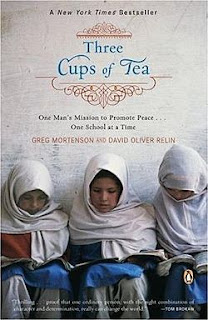
Back Cover Blurb:
“Offred is a Handmaid in the Republic of Gilead. She may leve the home of the Commander and his wife once a day to walk to food markets whose signs are now pictures instead of words because women are no longer allowed to read. She must lie on her back once a month and pray that the commander makes her pregnant, because in an age of declining births, Offred and the other Handmaids are valued only if their ovaries are viable. Offred can remember the years before, when she lived and made love with her husband, Luke; when she played with and protected her daughter; when she had a job, money of her own, and access to knowledge. But all of that is gone now…
“Funny, unexpected, horrifying, and altogether convincing, The Handmaid’s Tale is at once scathihng satire, dire warning, and tour de force.”
Margret Atwood, author of this and many other wonderful books, is perhaps one of the most intelligent human beings alive today. The Handmaid’s Tale is an insightful, well-researched dystopian novel that exceeds expectations of modern fiction. It is deserving of the utmost praise. It is one of the most brilliant and political pieces of literature from the 20th century.
That being said, this novel is dark. I cannot emphasize that warning enough. It is certainly written for a mature audience. The youngest age I would recommend it to would be high schoolers, and only if I knew that individual had the capability to handle “rated R” presentations of hot topics. That said, I believe every mature adult needs to read this book, and others within the dystopian fiction genre, as a reminder of just how frail society really is, and how quickly liberties can be slip from our grasps.
Works Cited:
Atwood, Margaret. Handmaid's Tale, The. New York: Anchor Books, 1986. Print.


